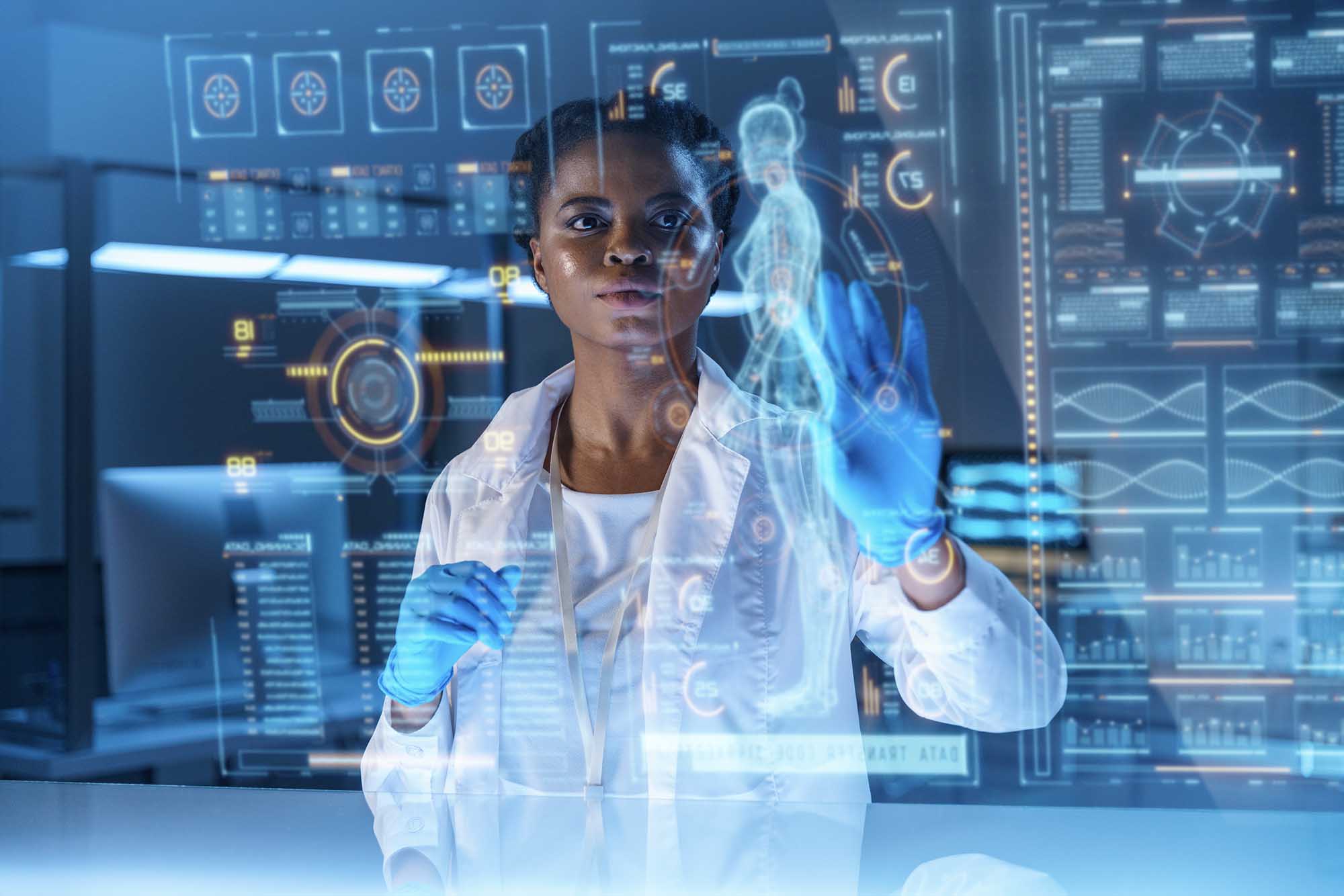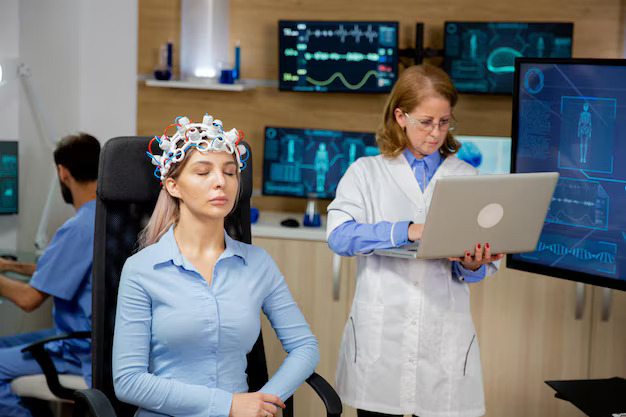Hong Kong University to Test Four Generative AI Models in Hospitals
HKUST launches 4 AI models (87-98% accuracy) for hospital cancer diagnosis & pathology innovation.


Hong Kong University to Test Four Generative AI Models in Hospitals
Imagine a healthcare system where AI doesn’t just assist doctors but transforms how they diagnose and treat diseases—where critical diagnoses, from breast cancer to complex skin conditions, are delivered with pinpoint accuracy in record time.
At the forefront of this revolution is the Hong Kong University of Science and Technology (HKUST), which has launched four advanced Generative AI models, each poised to redefine patient care in hospitals across Hong Kong.
These generative AI tools—powered by cutting-edge algorithms and massive data sets—promise to streamline diagnostics, enhance accuracy, and build trust by demystifying how AI reaches its conclusions.
Check this out! Generative AI in APAC Hospitals: 2024 Updates and Statistics

From identifying tumors with near-human accuracy to reducing doctors’ workloads by almost half, HKUST’s initiative brings us closer to a future where AI is an invaluable, trusted partner in healthcare.
But what exactly do these models do, and how will they impact the way hospitals function? Here’s a closer look at the tools that might soon become essential for medical professionals across Asia and beyond.
What Are These Models and How Will They Transform Healthcare?
HKUST’s four models cover a range of clinical needs, from cancer detection to general diagnostics and pathology support.

Each model has been designed to address a specific gap in medical services, promising to reduce time, costs, and reliance on invasive procedures.
MOME
- A breakthrough Generative AI model for diagnosing breast cancer using MRI scans.
- Achieves 87% accuracy in multi-center tests, comparable to experienced radiologists.
- Provides a non-invasive alternative to biopsies, accurately differentiating malignant from benign breast lumps.
- Predicts chemotherapy responses, enabling doctors to personalize treatment plans.
- Reduces patient anxiety around invasive tests and speeds up decision-making .
mSTAR
- A pathology assistant tool that manages complex tasks like cancer staging, survival analysis, and metastasis detection.
- Capable of handling 40 diagnostic and prognostic tasks.
- Based on a recent study , mSTAR achieves an impressive accuracy of approximately 90.82% across various pathology tasks, excelling in both slide classification and survival prediction.
- Processes whole-slide images directly, without needing individual section patching.
- Uses multimodal knowledge to combine different data types, enhancing accuracy and efficiency.
- Allows pathologists to focus on complex cases, improving diagnostic consistency and speed.
MedDr
- Often referred to as a “medical GPT,” this tool serves as a virtual assistant.
- Analyzes medical images, answers clinical questions, and provides initial diagnoses.
- Boasts 93% accuracy in identifying tumors, supporting faster, more informed decisions by clinicians.
- As a large open-source generative AI tool in general medicine, it can reduce diagnosis times by 30-40%, increasing efficiency in high-volume settings.
XAIM
- Addresses trust issues in AI-powered healthcare by explaining diagnostic conclusions.
- Provides visual and textual explanations, helping healthcare workers understand AI-driven results.
- Achieves 98.67% accuracy for skin lesion diagnosis.
- Enhances confidence among medical practitioners by showing not just results, but the reasoning behind analyses.
More about AI models in Healthcare here: 10 Healthcare Challenges Solved by AI Chatbots and LLMs
Why Are These Generative AI Tools Important?
HKUST’s investment in Generative AI for healthcare addresses pressing needs in diagnostics and treatment, especially in Asia’s rapidly evolving healthcare landscape.
With support from HKUST’s AI supercomputing facility, these models are powered by vast data resources, processing 160 million images across 32 cancer types for comprehensive diagnostics.
This extensive dataset ensures that each model is well-equipped to handle diverse clinical cases, reducing biases and improving generalizability.
Moreover, the models align with regional healthcare trends, as HKUST collaborates closely with hospitals in Hong Kong for large-scale validation and testing. Generative AI tools are increasingly being adopted in Asian healthcare systems.
For instance, Singapore is investing in a national GenAI project to improve healthcare by 2025, while Indonesia’s TehAI assistant aids in diagnosing conditions like tuberculosis and hypertension.
Read more on Generative AI Tools here: LLMs in Healthcare: September 2024's Medical Breakthroughs
Key Benefits and Impacts on Patient Care
The four models could bring significant advantages to healthcare providers and patients alike:

- Enhanced Diagnostic Accuracy
- By achieving accuracy rates comparable to those of seasoned specialists, these models aim to reduce diagnostic errors, leading to better patient outcomes.
- MOME’s 87% accuracy in breast cancer detection and XAIM’s 98.67% skin lesion diagnosis rate set new standards for non-invasive, AI-powered diagnostics.
- Time and Cost Savings
- The models are expected to cut down on diagnostic times, with MedDr alone potentially reducing doctors' workload by 30-40%.
- Faster diagnostics mean shorter hospital stays and quicker treatments, leading to reduced healthcare costs.
- Trust and Transparency
- With XAIM providing visual and textual explanations of its conclusions, HKUST is addressing a common barrier in AI healthcare applications: transparency.
- By demystifying AI decisions, XAIM could help build trust among healthcare professionals, ensuring the models are not only accurate but also understandable.
Want to learn more about LLMs in Hospitals? Click Here!
HKUST’s Vision: A Step Toward Modernized Healthcare
Guo Yike, Provost of HKUST, described these models as "the first concrete step toward modernizing healthcare.”
With plans for a new AI-integrated medical school, HKUST is setting a standard for the role of GenAI in the future of global healthcare.
As HKUST’s Generative AI models move toward hospital trials, they stand as a testament to the potential of AI in transforming healthcare, aiming to make medical practices faster, more accurate, and ultimately more human-centered through technological transparency and collaboration.
In a healthcare landscape rapidly embracing AI, HKUST’s Generative AI tools represent a forward-thinking approach to meet the complex needs of both practitioners and patients.
Bring Generative AI to Your Hospital with Makebot
Ready to revolutionize patient care? With Makebot's cutting-edge generative AI solutions, APAC hospitals can achieve:
- Efficient clinical decision-making
- Streamlined patient documentation
- Improved patient interaction with cost-optimized, hybrid LLM technology
Our AI-driven chatbots, already trusted by over 1,000 clients across industries, are tailored to fit your healthcare needs, delivering precision, reliability, and speed. From advanced clinical summaries to real-time patient insights, Makebot’s LLM solutions support healthcare professionals and enhance patient experience.
Contact Us Today
Lead the age of Generative AI in healthcare with Makebot. Submit a consultation request, and an expert will connect with you promptly to discuss your hospital's transformation!
📧 LLM & Chatbot Inquiries: b2b@makebot.ai

Studies Reveal Generative AI Enhances Physician-Patient Communication


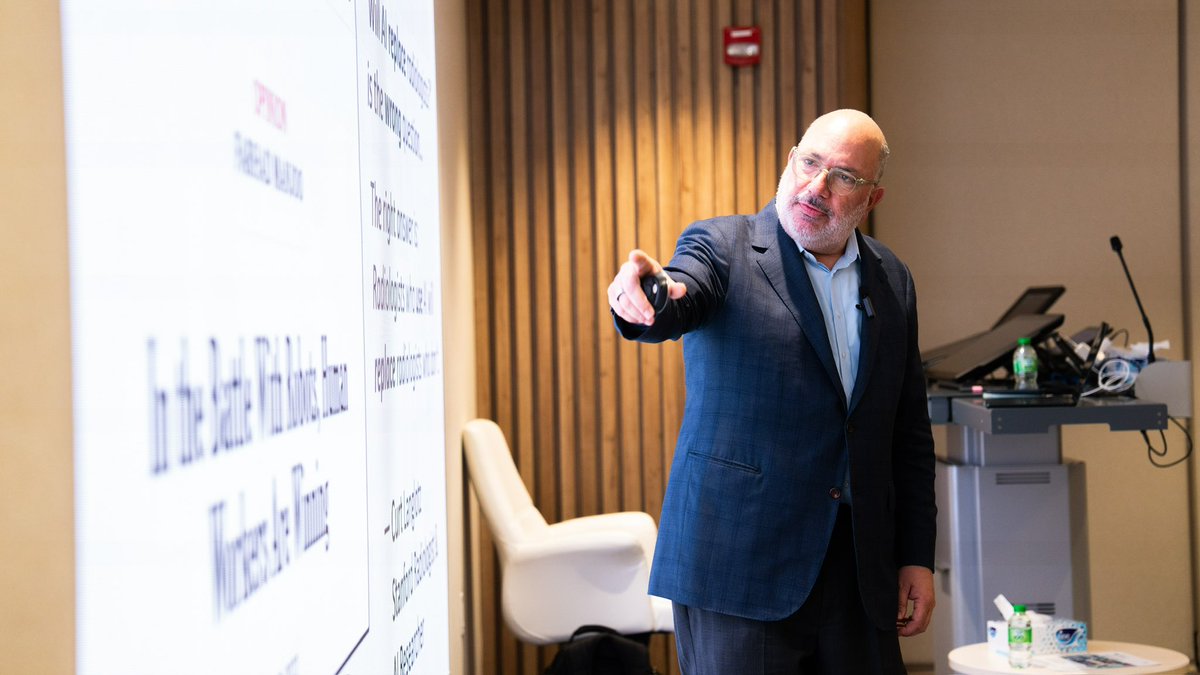
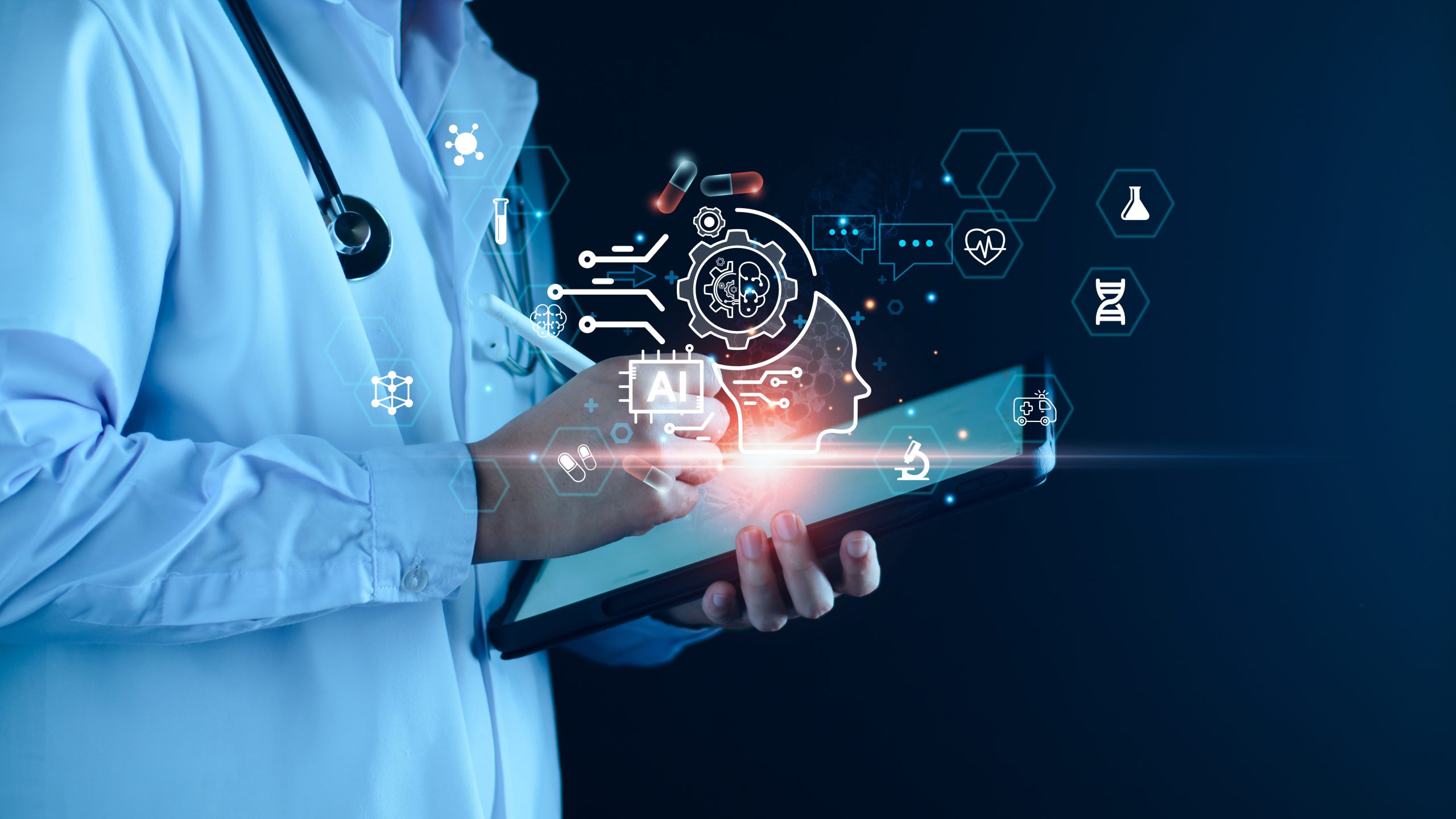




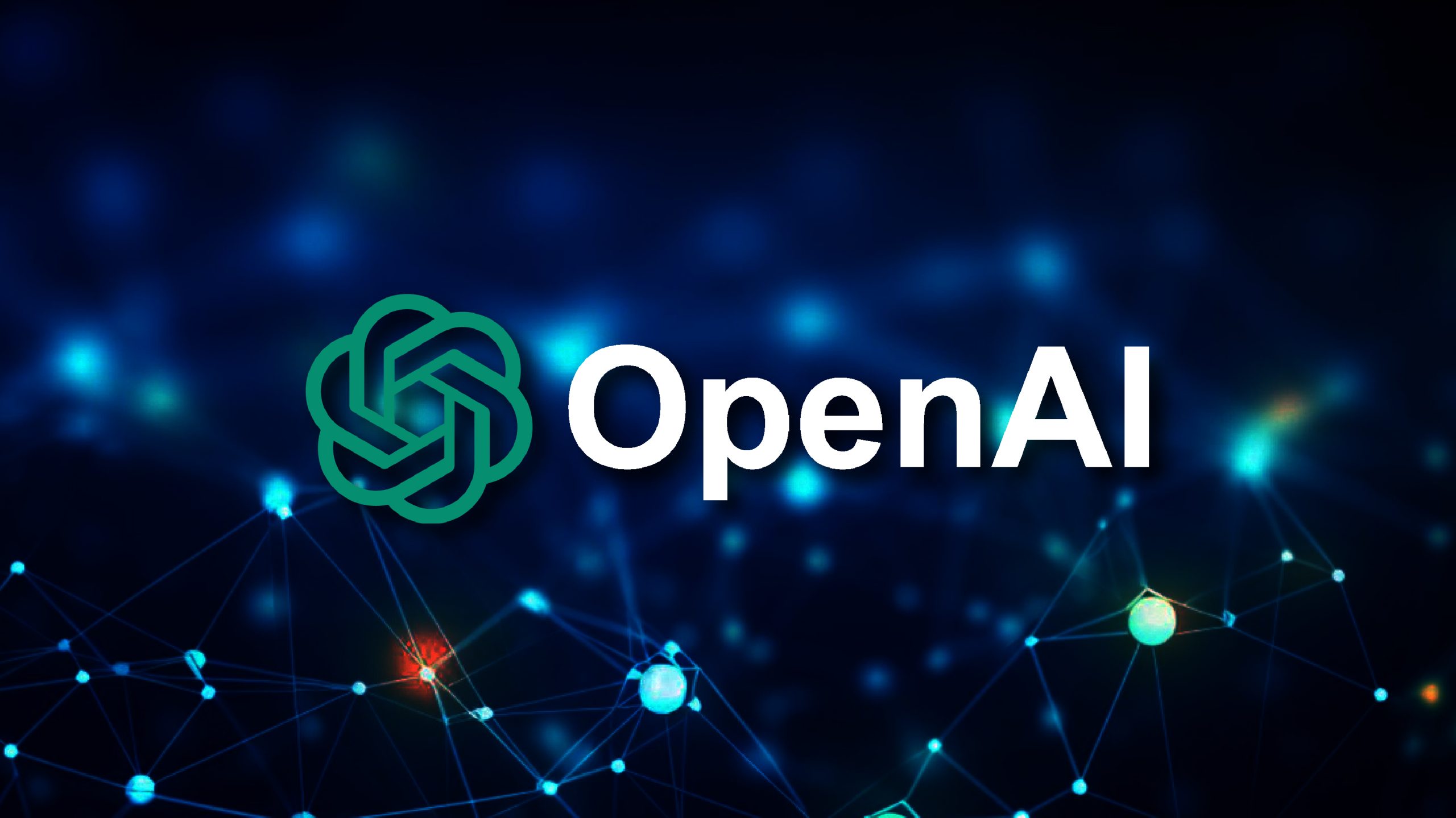



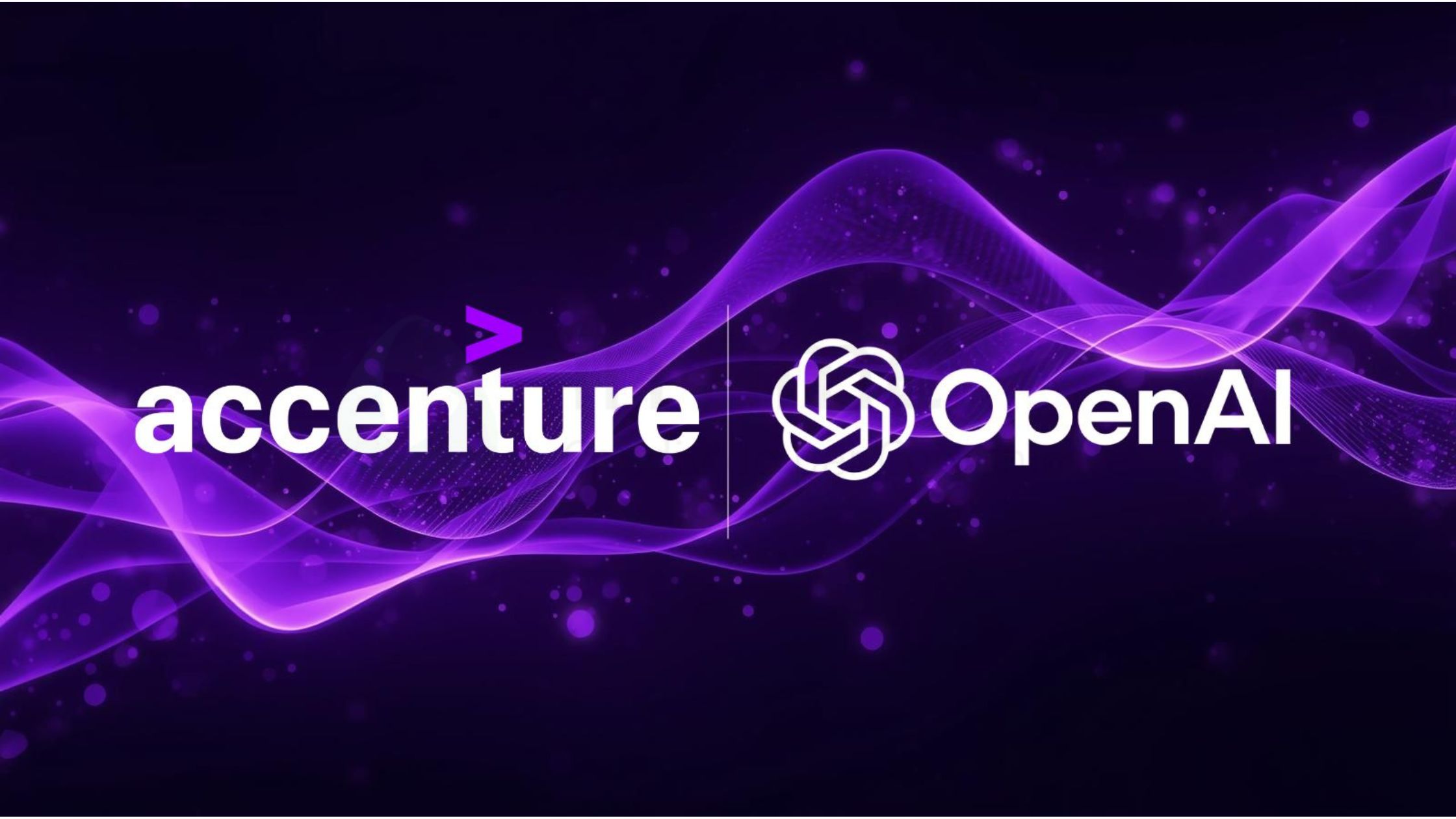
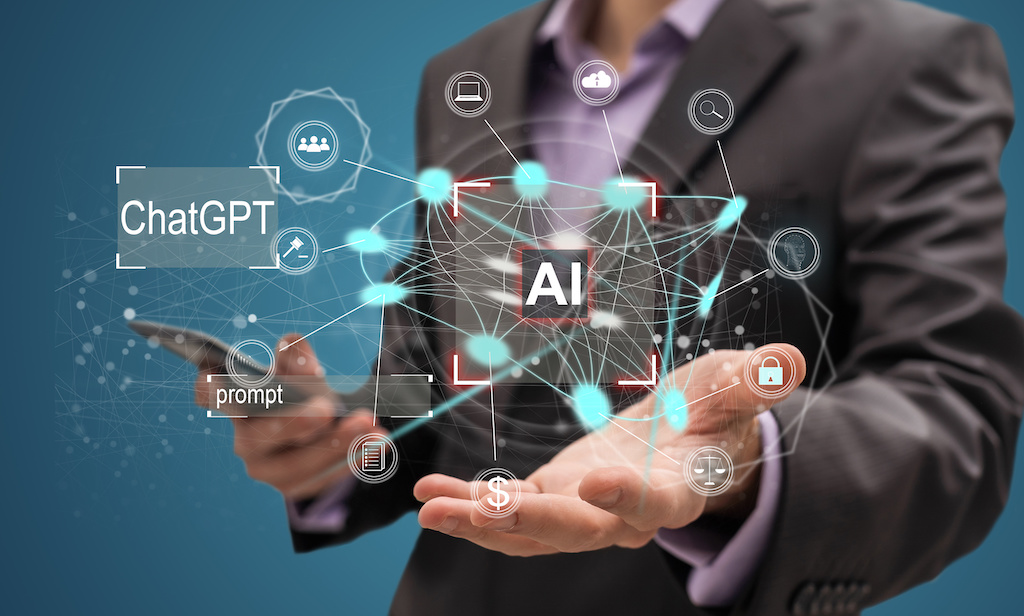









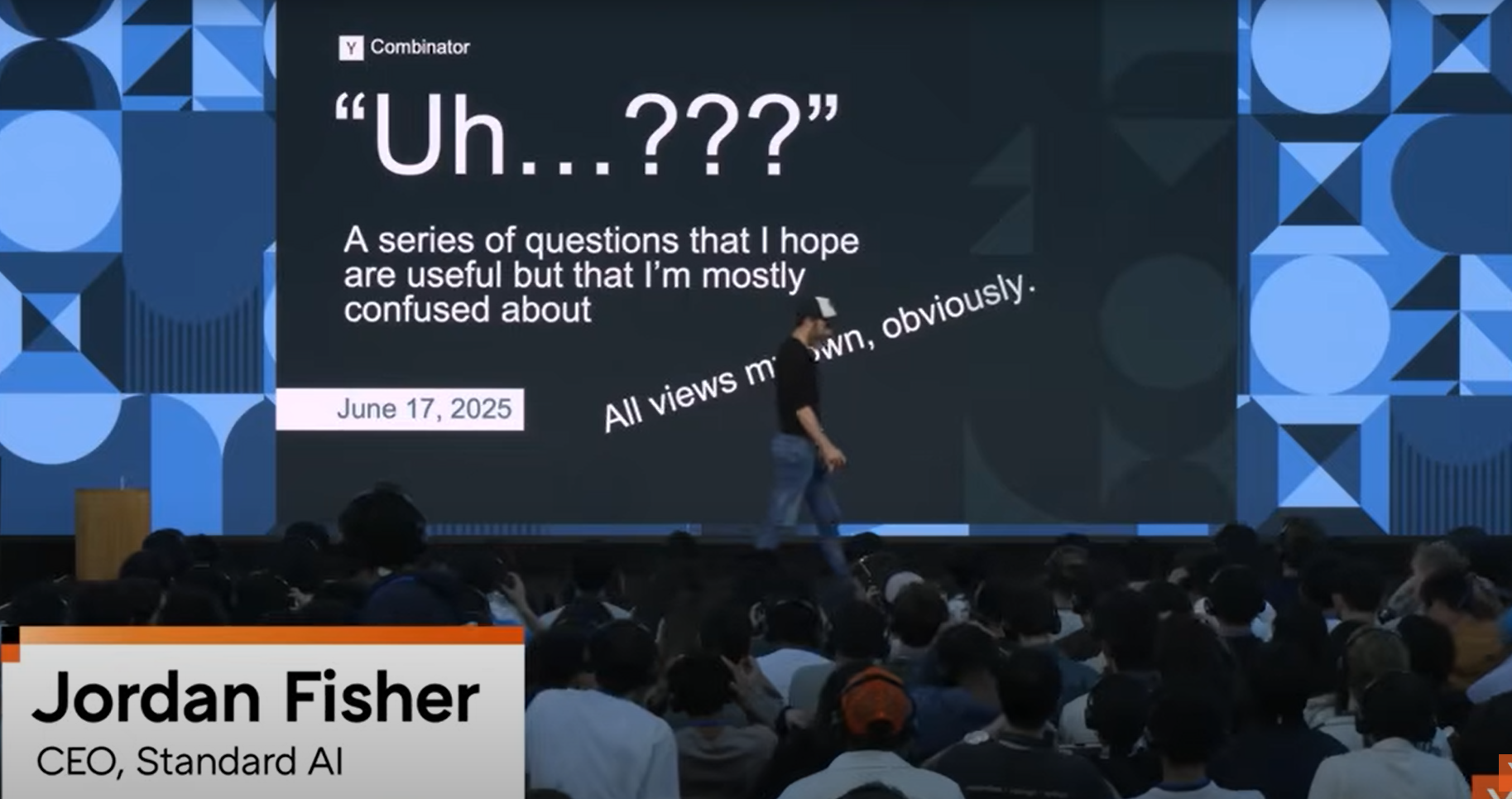




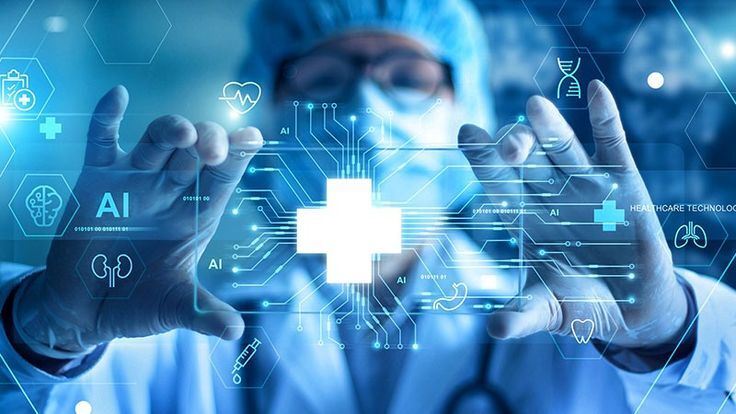

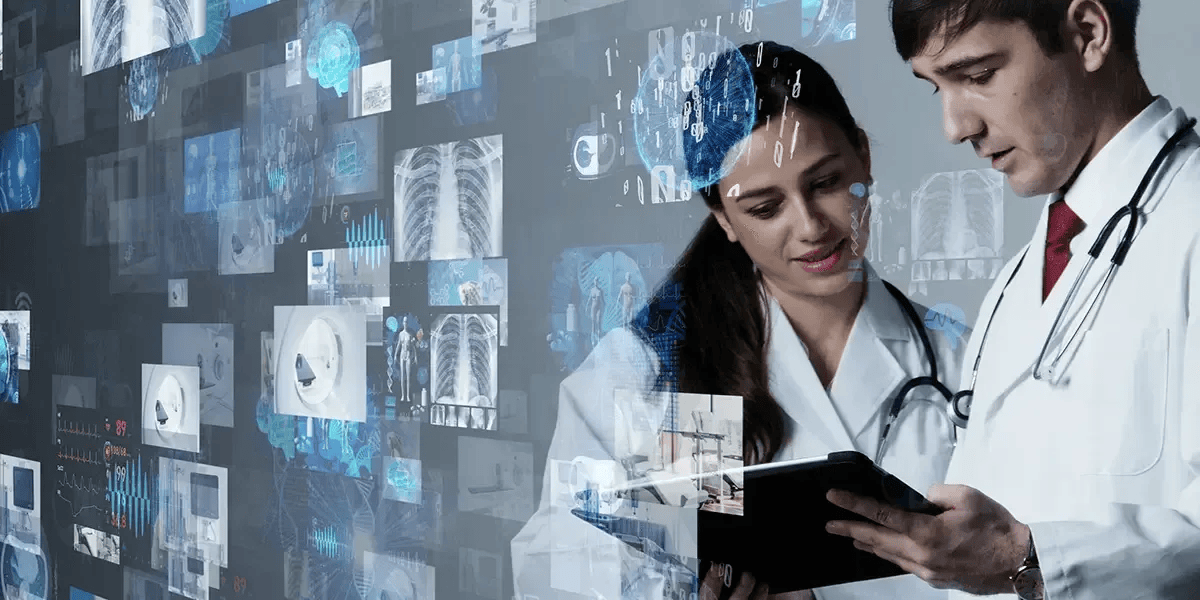



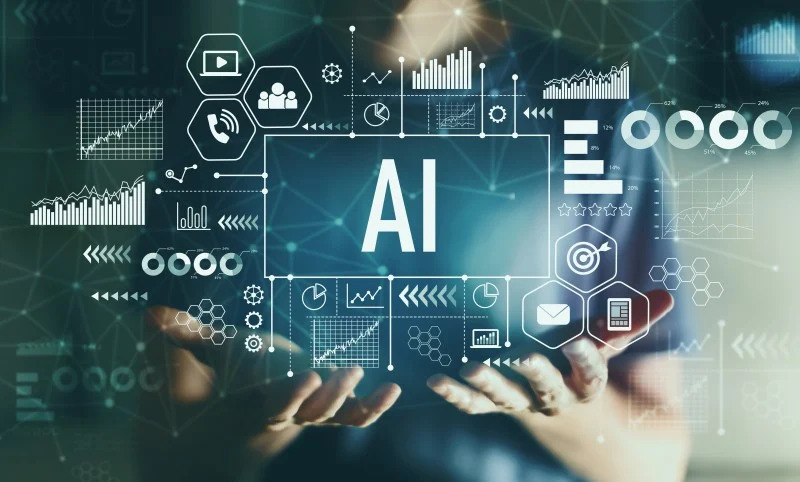
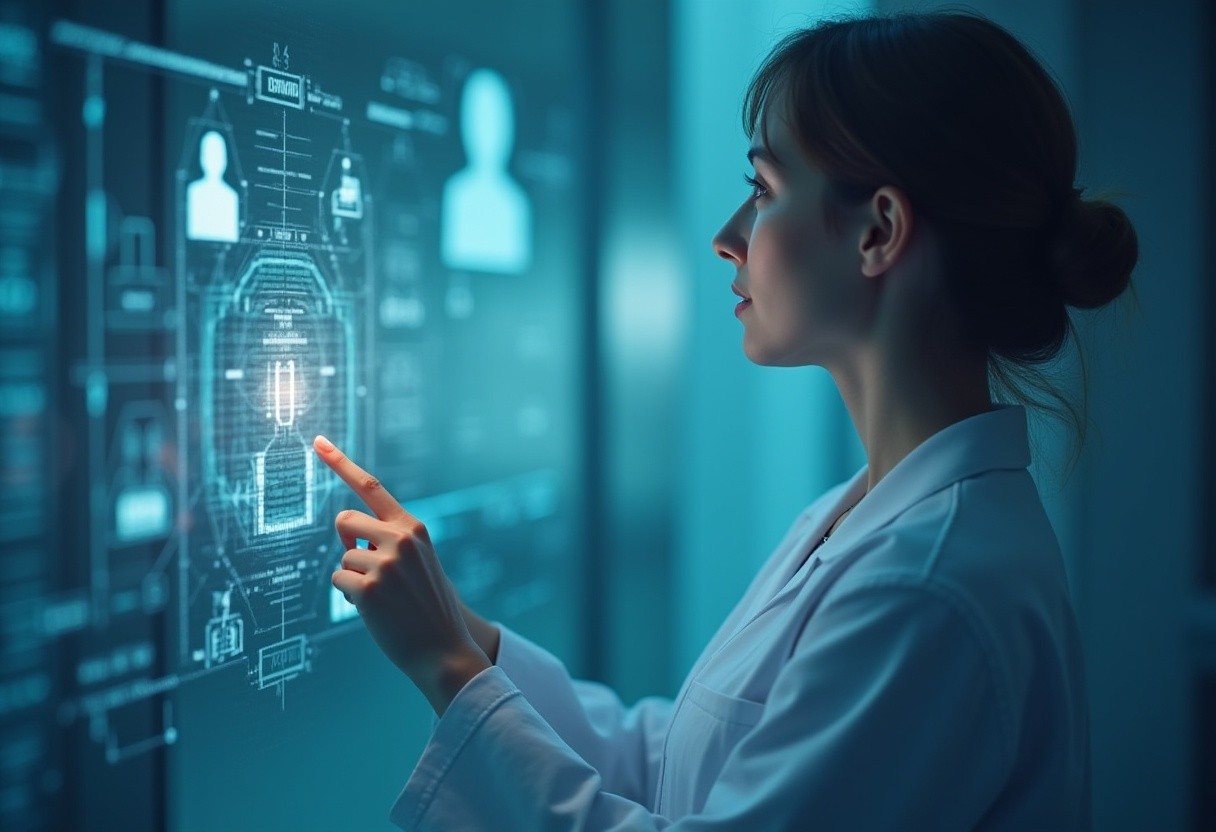


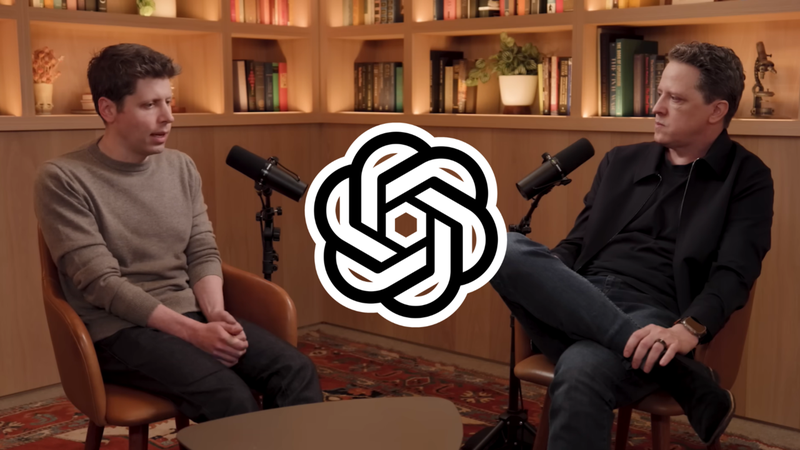





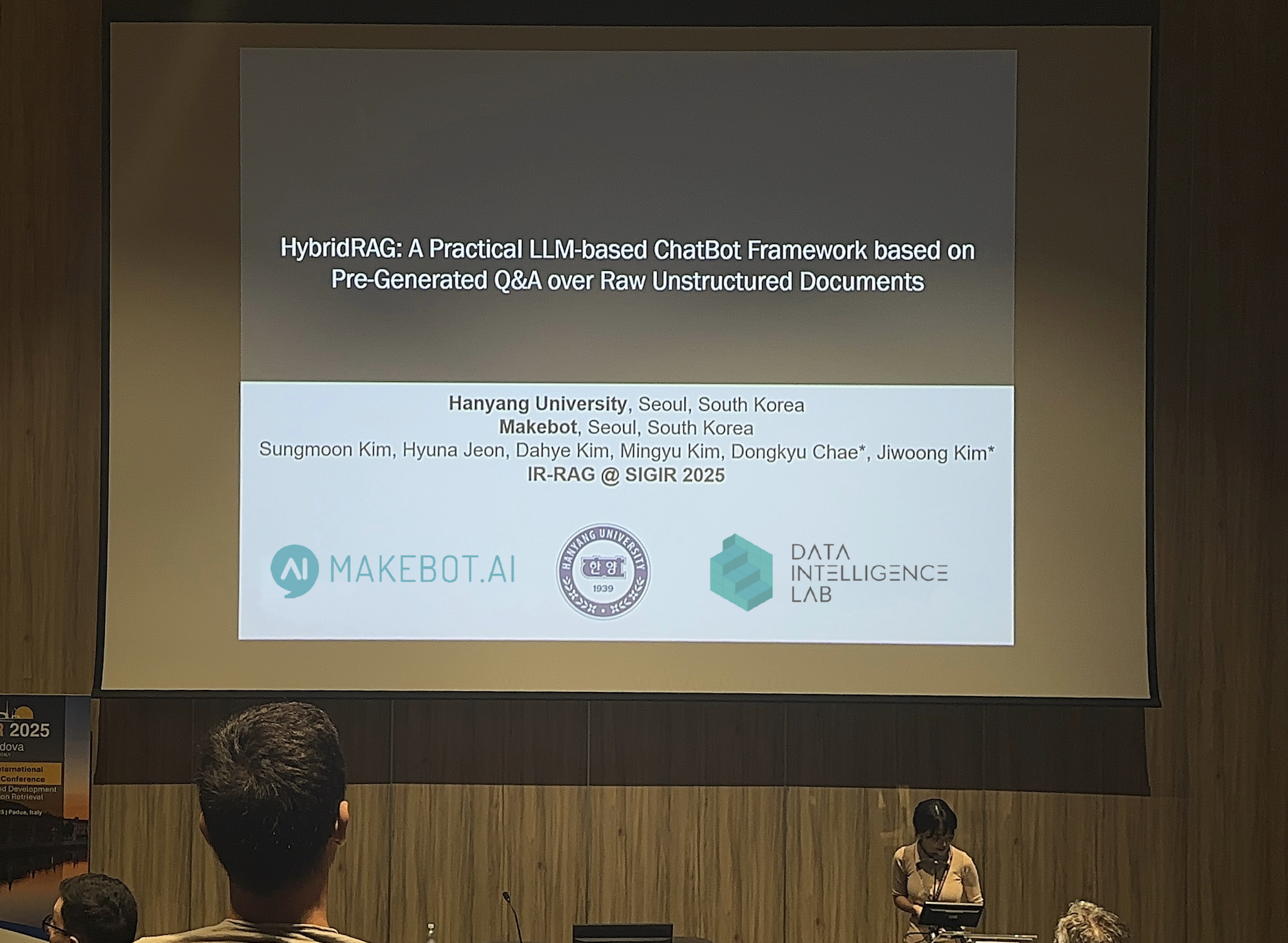









_2.png)









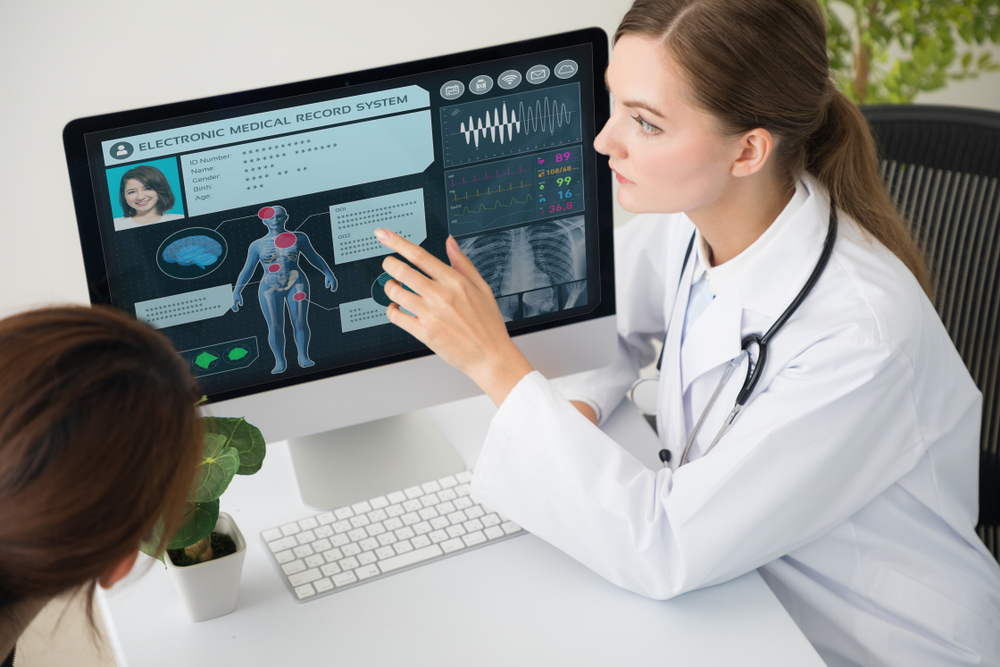


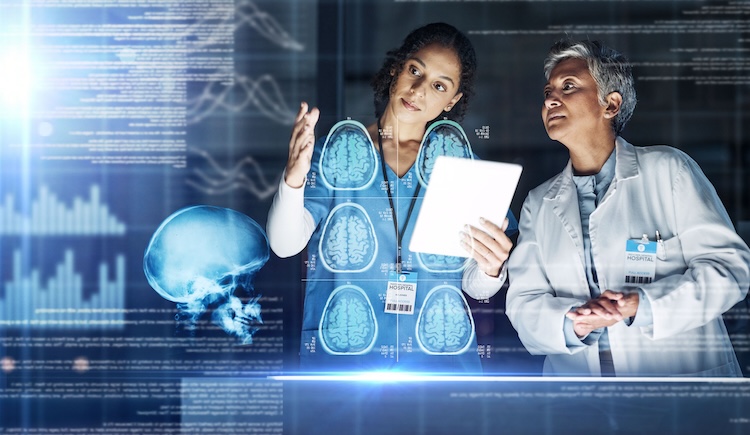





.jpg)

